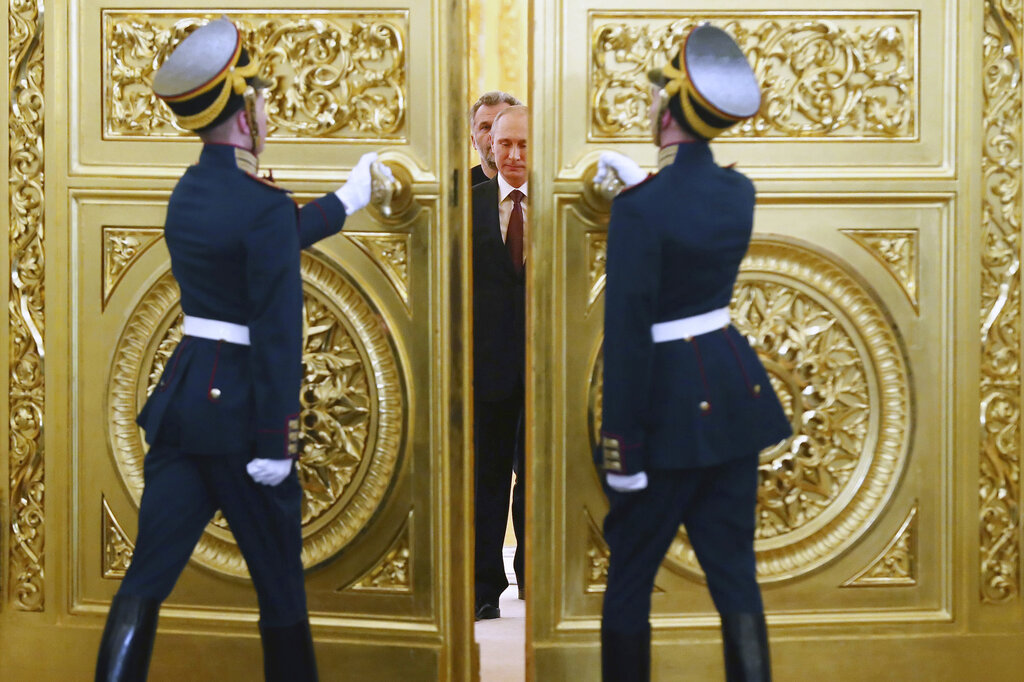I recently had an enlightening conversation together with my Polish colleague Kuba along with a Frenchman named Vincent I met a few months ago. Vincent has been living in Poland for many years. He is a conservative. He explains, to almost everyone he meets, that Poland still has a chance to defend itself against a migrant invasion, whereas France no longer has that chance and is essentially lost.
Vincent and Kuba found common ground in English. They quickly started discussing politics and then moved on to geopolitics, focusing on Russia. The conversation almost escalated into a fight when Vincent argued that without cooperation with Russia, Europe has no future and would remain a U.S. colony because European politicians are weak, and the European Union in its current form weakens Europe’s potential.
Kuba countered that Russia is malevolent, as evident from its actions in Ukraine. Vincent replied that war always involves evil, but Russians are like us, and we’ll find a way to cooperate once Putin is gone. The more Kuba emphasized the problem with Russians, the more patronizingly Vincent looked at him, implying that if we could reconcile with Germans, why can’t you do the same with Russians?
The difference between the Poles and the French is that in the 20th century, Russians passed through Poland several times but not through France. The French don’t remember what that’s like. We need to explain it to them, especially to those fascinated by Russia.
About 10 years ago, I was at a Nissan event in Sopot where they showcased various cars, and I vividly recall the evening when the main guest was the Nissan head for our part of Europe, a Russian. He was rather friendly and uncomfortably received the submissive corporate bows from Polish managers. He preferred to have a conversation, which fell on me. After exchanging jokes about Chapaev, he started treating me as an expert on Russia, Russians, and Soviet people, and as a Central European who could explain certain things to him.
He worked in Hungary and couldn’t understand why he usually faced trouble with customs officers when flying from Russia to Budapest, while he was treated courteously when flying to the headquarters in France. I asked him when was the last time the Russian army was in Paris.
“About two hundred years ago,” he replied.
“And in Hungary?” I asked.
“In 1945. And then again in 1956.”
“There’s your answer. Perhaps a Russian had killed that customs officer’s grandfather, and every time he sees a Russian passport, he remembers his grandfather’s history.”
The French no longer remember, but Hungarians remember, and everyone says they are pro-Russian. They are not. Hungarians do business with Russians because they believe that if Germany and France can, they can too. As someone once said, Hungary is a small state that sees itself as a local powerhouse, unlike Poland, which, being a local powerhouse, sees itself as a small state.
People from the PiS-controlled Ministry of Foreign Affairs, whom I asked about Orbán blocking sanctions against Russia, replied that Orbán never blocked any sanctions. He always agreed, but before agreeing, he always arranged some of his own matters in Brussels, much to the annoyance of Brussels elites. In this way, he became branded as a Russian agent, a label repeated so often he might even believe it himself.
The lengthy story leads to the conclusion that accusations of pro-Russian sentiments are often used to serve one’s own interests. That’s the first point. Secondly, without engaging in dialogue with Western European proponents about the Russian option, there’s no chance they will see the truth.






